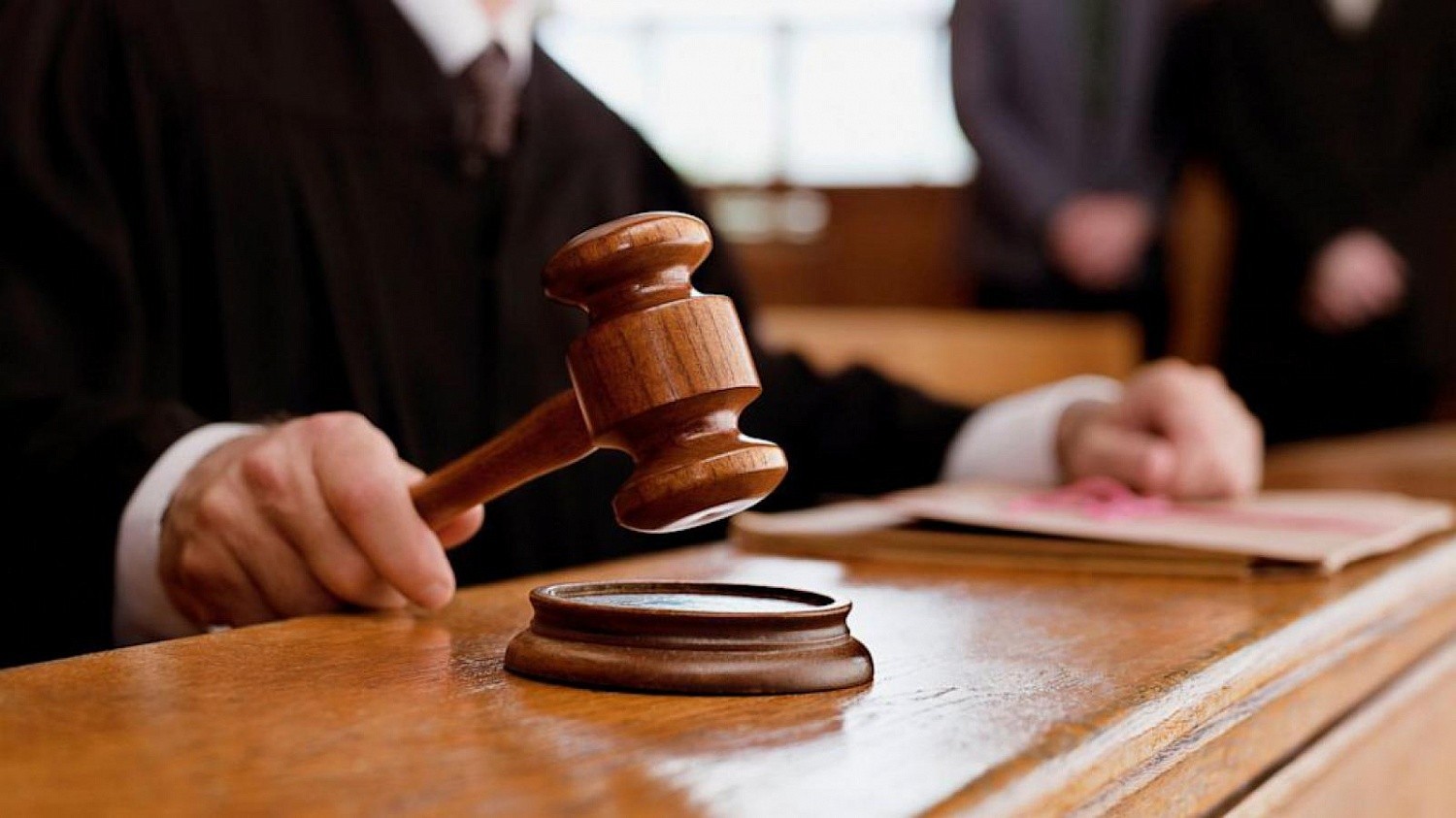I am studying in the third year of the State University of Economics and Technology.I specialize in contractual, economic and corporate law, in particular, I provide consultations and write articles.
Business entities in the process of carrying out their business activities may receive extremely unpleasant news that the prosecutor has filed a lawsuit against them in the framework of economic proceedings. In such cases, a lot of questions arise regarding the status of the prosecutor in the economic process, his powers (rights and duties), as well as the consequences that open proceedings will entail. According to Art. 53 of the Code of Civil Procedure establishes that the prosecutor has the right in cases established by law to file lawsuits, participate in the consideration of cases, initiate appellate review and cassational appeal of court decisions. The key aspect that accompanies the status of a prosecutor throughout the entire business process is the protection of the interests of the state or a citizen, and the presence of violated interests is justified by the prosecutor in the procedural documents with which he applies to the court. In addition to this aspect, the legislation provides for a number of procedural features of the prosecutor's participation, which must be highlighted, because this will help the defendants quickly find their way and not waste time on fruitless steps.
Peculiarities of the legal status of the prosecutor in the economic process:
According to Art. 23 of the Law "On the Prosecutor's Office" substantiates two key grounds, in the presence of which, the prosecutor will act as a plaintiff in the case, namely: if the state authority does not, or improperly, protects the interests of the state; if a certain citizen is unable to protect his rights and interests, and the legal representatives or authorized bodies do not perform such protection, or perform such protection improperly. Such grounds must not only be substantiated by the prosecutor, but also confirmed by the court. In fact, one of the duties of the prosecutor is to justify and prove the grounds for representation, for example, the inaction of a certain body. An extremely important aspect is the advance notification by the prosecutor of the citizen or the subject of power, whose interests will be represented by him. And only after the procedure described above, the prosecutor will acquire the status of a plaintiff. The prosecutor can not only initiate the case by filing a lawsuit, but also enter the case that was initiated by the lawsuit of another person at any stage of its consideration in court to ensure the protection of violated interests. If the prosecutor for some reason refused the lawsuit, this does not exclude the possibility for the plaintiff to demand further resolution of the case. The prosecutor has a similar right, in case the plaintiff refuses the claim filed by the prosecutor. No less important in the process of representation of interests is the statute of limitations, and in this aspect it is important to pay attention to when the citizen himself, or the subject of authority, whose interests will be represented by the prosecutor, learned or should have learned about the fact of violation of his rights. The general statute of limitations is 3 years, but do not forget about the special one, which can be both longer and shorter than the general one.
What should the defendant do if the prosecutor filed a lawsuit?
Since the subject of the lawsuit may relate to various requirements and conflict situations, it is possible to indicate only general advice that will be relevant in most cases. First of all, it is necessary to determine whether the prosecutor will comply with the above-described procedure for acquiring the procedural status of the plaintiff, that is, whether there are grounds for representation, whether there are justifications and evidence of the existence of grounds, whether the citizen or the subject of authority has been informed about the representation of their interests. It is also worth paying attention to who exactly signed the procedural document that initiated the case, because not everyone is authorized to do so. Particular attention needs to be paid to establishing the statute of limitations, because if it is missed, it will be a reason to refuse to satisfy claims if, of course, the statute of limitations is not renewed.
Representation of interests in court:
The services of a lawyer in court are an indispensable tool for achieving success, because a lawyer, having conducted a legal analysis of the situation and examined the evidence, can build a high-quality defense in court strategy. Consulting a lawyer for court will help you determine exactly what mistakes were made by the prosecutor and how to use them to your own advantage.





























